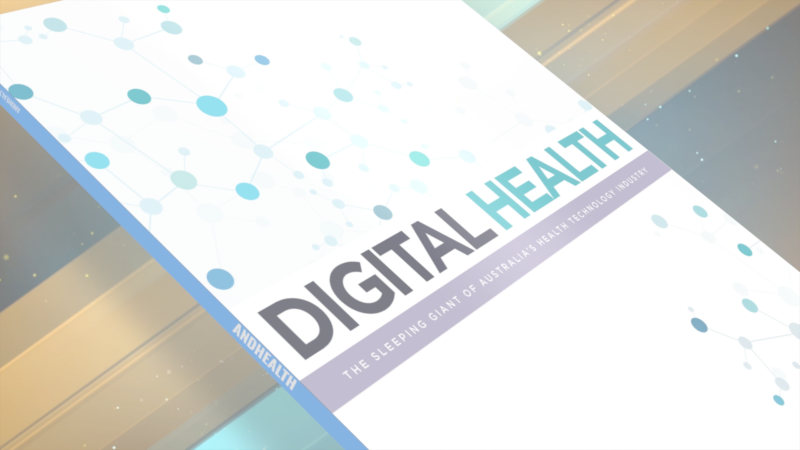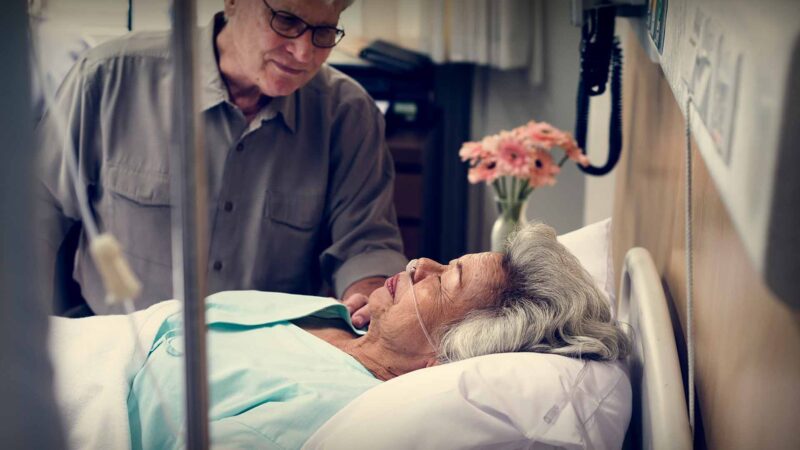Mentoring in nursing is important for several reasons:
1. Career Development: Mentoring provides nursing students or novice nurses with guidance and support from more experienced nurses. This guidance can help them develop their skills, expand their knowledge, and gain insight into the profession.
2. Personal Growth: Mentoring helps nurses identify their strengths and weaknesses, set goals, and improve their self-confidence. It can also provide emotional support during difficult times.
3. Knowledge Transfer: Mentors can share their knowledge and experience with their mentees, helping them understand the complexities of the healthcare system and how to provide quality patient care.
4. Retention: Mentoring can help reduce nurse turnover by creating a positive work environment, increasing job satisfaction, and improving career advancement opportunities.
5. Leadership Development: Mentoring can help develop leadership skills in nurses, preparing them for management positions and enhancing their ability to lead and inspire others.
Overall, mentoring in nursing is crucial for the development of nurses and the advancement of the nursing profession. It provides a supportive environment for personal and professional growth, knowledge transfer, and leadership development.
Australian Health Journal met with two nurses both working in Queensland, one the mentor, the other, the mentee. Both get to appreciate the experiences mentorship gives them.
Belynda Abbott FICDA FACN is a Clinical Nurse Consultant who at the time of the interview worked in Metro South Health within the Neurosciences care field. Today she works as the Nursing Director at Darling Downs Hospital and Health Service and is the Queensland State Chair for the Australian College of Nursing (ACN).
In her 20 year career, Belynda has worked as a nurse educator, a clinical nurse consultant, and nurse unit manager, and also assisted in the Health Emergency Operation Response for COVID. She has a breadth of knowledge and skill, with an attitude to be willing and wanting to stretch herself as a nurse.
Bronwyn Hausler is a perioperative nurse based on the Gold Coast. Following the interview recording, Bronwyn qualified as a registered nurse (RN) at the end of 2022 and now works at Queensland Children’s Hospital. She began nursing as an enrolled nurse after having children. In 2022, she was recognised as an Emerging Nurse Leader in a program run by the Australian College of Nursing, a role that has helped her build on skills to fulfil the vision and goal of leadership type roles.
Both Bronwyn and Belynda talk about the steps and mindset needed to reach out to a possible mentor. Both talk about the enriching experience of being and mentor and mentee.
Belynda has helped Bronwyn on her journey as as nurse, as well as develop as a leader herself, and adds, “When Bronnie has a concern or a question, I actually throw it back on her. So that I don’t actually give her the answers, because she has the answers herself.”
You Might also like
-
Research funded to investigate early-onset bowel cancer progression
Bowel Cancer Australia recently announced a team led by Professor Michael Samuel as the successful applicant for a three-year $600k early-onset bowel cancer research project through the 2023 round of Cancer Australia’s Priority-driven Collaborative Cancer Research Scheme (PdCCRS).
-
Australian Digital Health Industry Report 2020
ANDHealth CEO Bronwyn Le Grice steps us through key report data from 317 emerging high growth potential digital health companies across Australia. Each of these companies has been supported in some way by ANDHealth since 2017.
-
Co-design and adoption Frail, Homebound and Bedridden Population New Content New Models of Care Seniors and Aged Care
Keeping elderly out of hospital
Pioneer in health care, Geriatrician Professor Susan Kurrle, Curran Professor in Health Care of Older People at the Faculty of Medicine and Health, University of Sydney AO spoke after receiving the Australian Healthcare and Hospitals Association 2022 Sidney Sax medal award.
The Sidney Sax medal is awarded for outstanding contributions to the development and improvement of Australia’s healthcare system.



